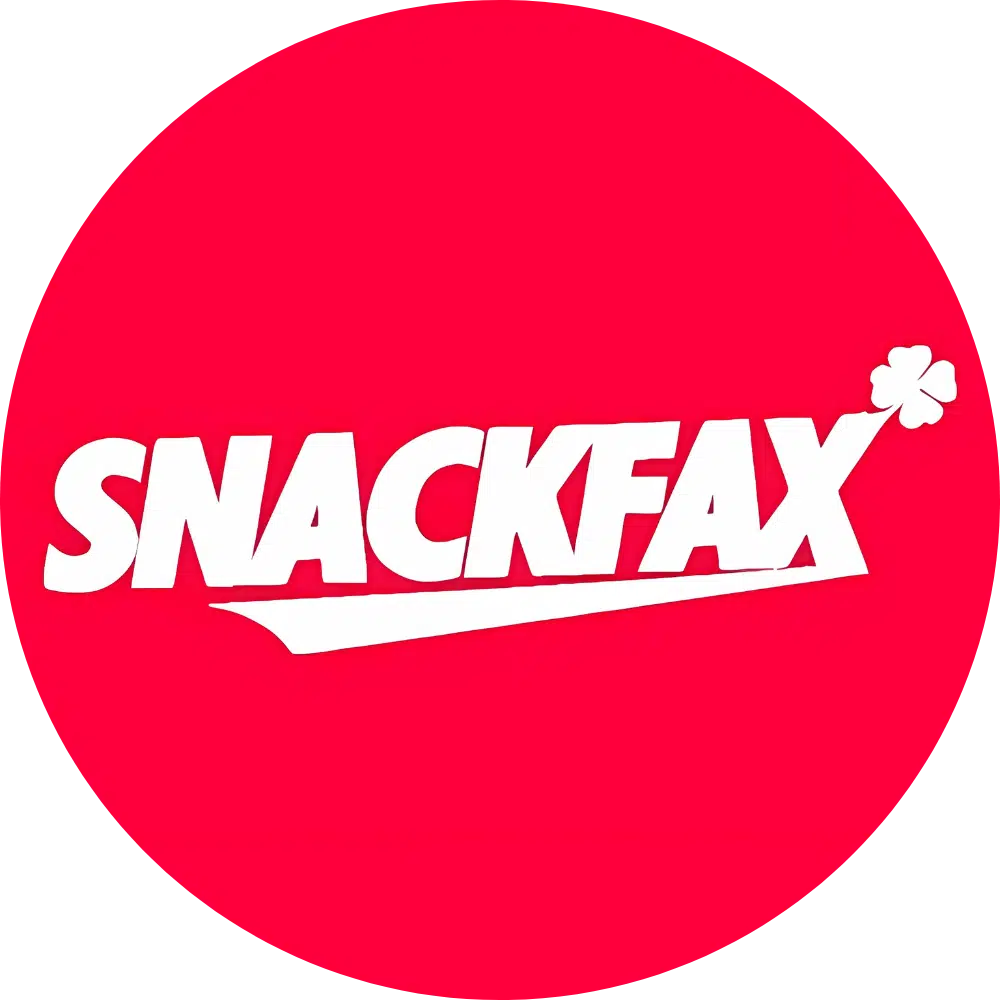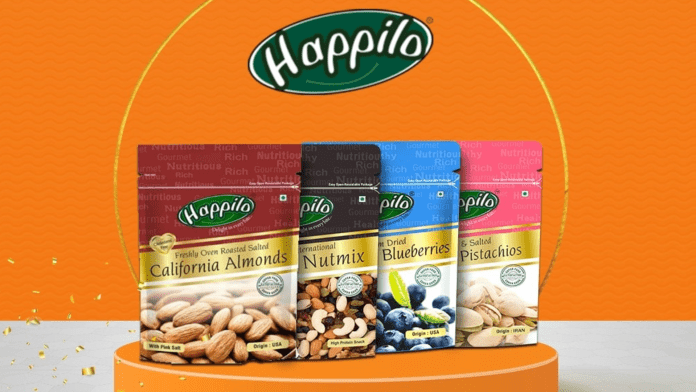Happilo, the dry fruit snacking firm, has set its sights on becoming a INR 1,000 crore brand in the next two years, according to Vikas D Nahar, the company’s Founder and CEO.
As per its annual financial statement submitted to the Registrar of Companies (RoC), Happilo experienced a remarkable increase in revenue from operations in FY22. The company’s revenue surged by 35.7 percent, reaching INR 190 crore, as compared to INR 140 crore in FY21.
Presently, Happilo’s annual recurring revenue (ARR) stands at INR 500 crore. Nahar revealed that the company’s revenue in the fiscal year 2023 has doubled compared to the previous fiscal year, although specific figures were not disclosed. Notably, Happilo achieved a revenue of approximately INR 100 crore in its first four years of operation, accomplished without any external funding, as mentioned by Nahar.
Further, he said, “We are currently the largest consumer brand in the space today.”
Sharing details about Happilo’s funding history, Nahar revealed that the company has raised approximately INR 300 crore through two funding rounds. The first round, conducted in February 2021, raised INR 100 crore. Notably, A91 Partners, Motilal Oswal Private Equity, and Venture Garage are among the company’s current investors, as reported by market research platform Tracxn. As of February 21, 2022, Happilo has been valued at $192 million.
Expressing his views on building brands, Nahar said, “The brand has to be created in the mind space of the consumer. And it has to be replicated by being visible across the supply chain.”
The brand is focusing largely on 3-4 metro cities only, as it wants to champion the concept. Nahar shared, “The company invests and focuses on brand infrastructure, R&D, and manufacturing. These are non-negotiable for us. As we want to be the world’s largest dry fruit snack brand.”
According to Nahar, Happilo has invested a significant amount of INR 100 crore in capacity building and product development initiatives.
The firm also wants to focus on affordability and hopes to maintain the balance between price and premiumness. Nahar stated, “We are a premium brand in terms of product positioning and mass premium in terms of pricing.”
Happilo currently operates approximately 10 stores across various cities, including Bengaluru, Mumbai, and Gurgaon. Additionally, the company has established a strong presence in the market with its products being available in around 15,000 general trade (GT) stores.
On its offline expansion, Nahar said, “We aim to reach a total of 1 lakh stores in the next 12 months and hope to have about 100 company-owned stores in the next 2 years.”
According to Nahar, the Indian market predominantly consists of general trade (GT) businesses, accounting for approximately 90 percent of the overall market. He acknowledged the inherent difficulties in building a successful GT business in India. Recognizing the widespread snacking culture in the country, Nahar’s vision for Happilo is to become a relevant and preferred choice for consumers during every snacking occasion.
Happilo, the dry fruit snacking brand, currently operates its manufacturing facility in Bengaluru. Additionally, the company has established a research and development (R&D) facility in the same city. In terms of raw materials, Happilo primarily sources them directly from farms through aggregators, ensuring a direct and reliable supply chain.
Currently, Happilo has a robust distribution network consisting of 150 distributors spread across India. Moreover, the company enjoys a high rate of customer loyalty, with approximately 40 percent of its consumers being repeat buyers.
Approximately 60 percent of Happilo’s product sales are conducted through various e-commerce platforms, such as Amazon, Flipkart, Blinkit, and its own website. The remaining 40 percent of sales occur through offline channels, including physical stores and other traditional retail avenues.



